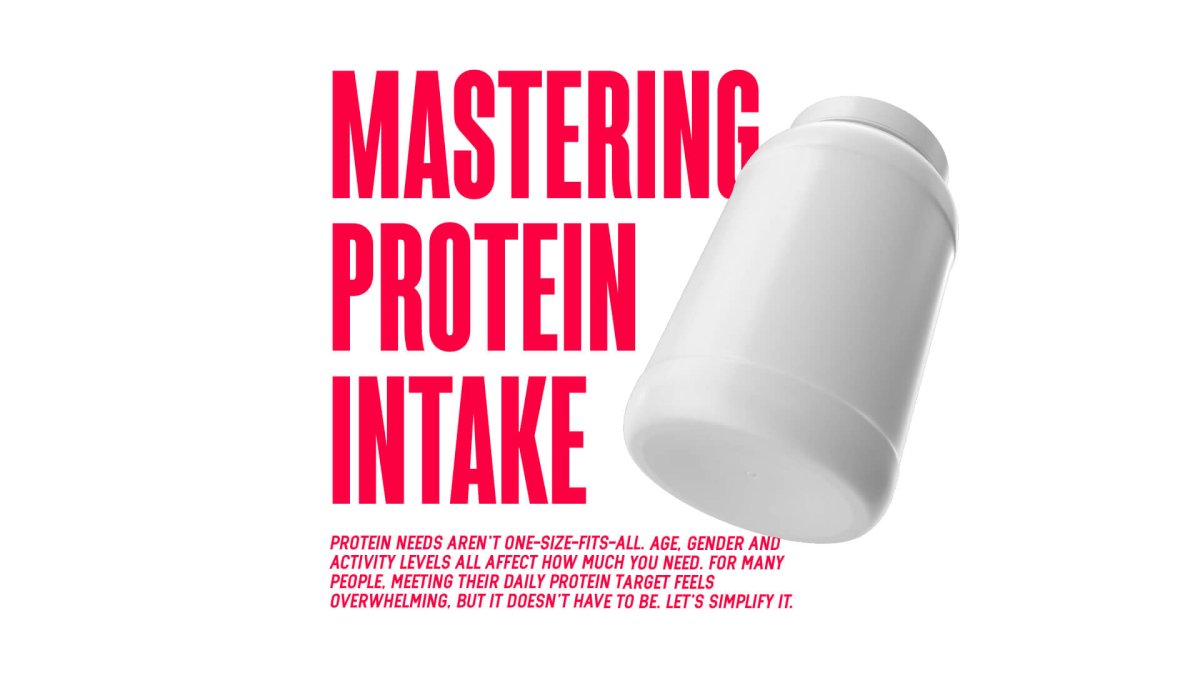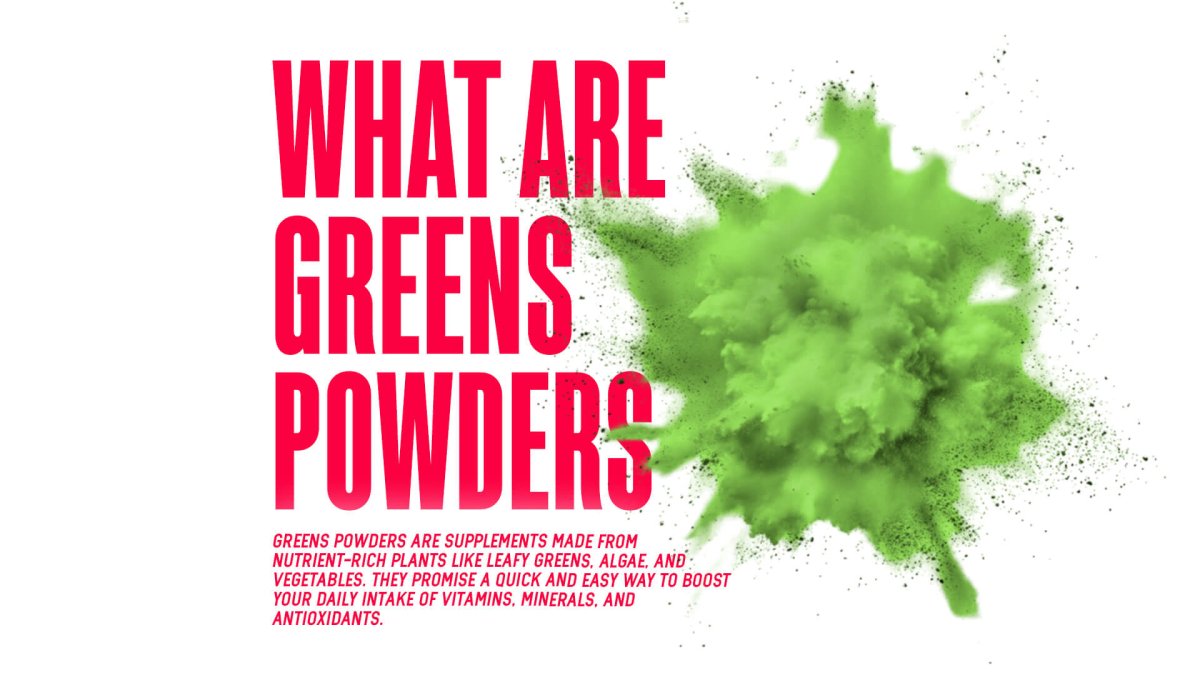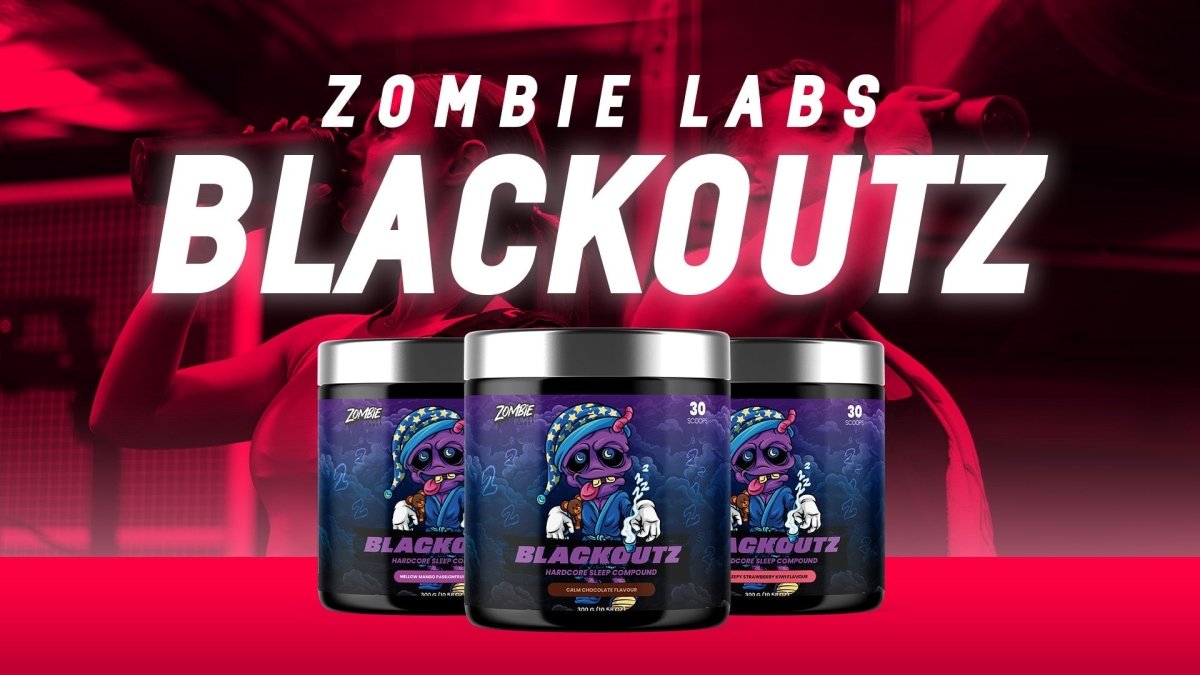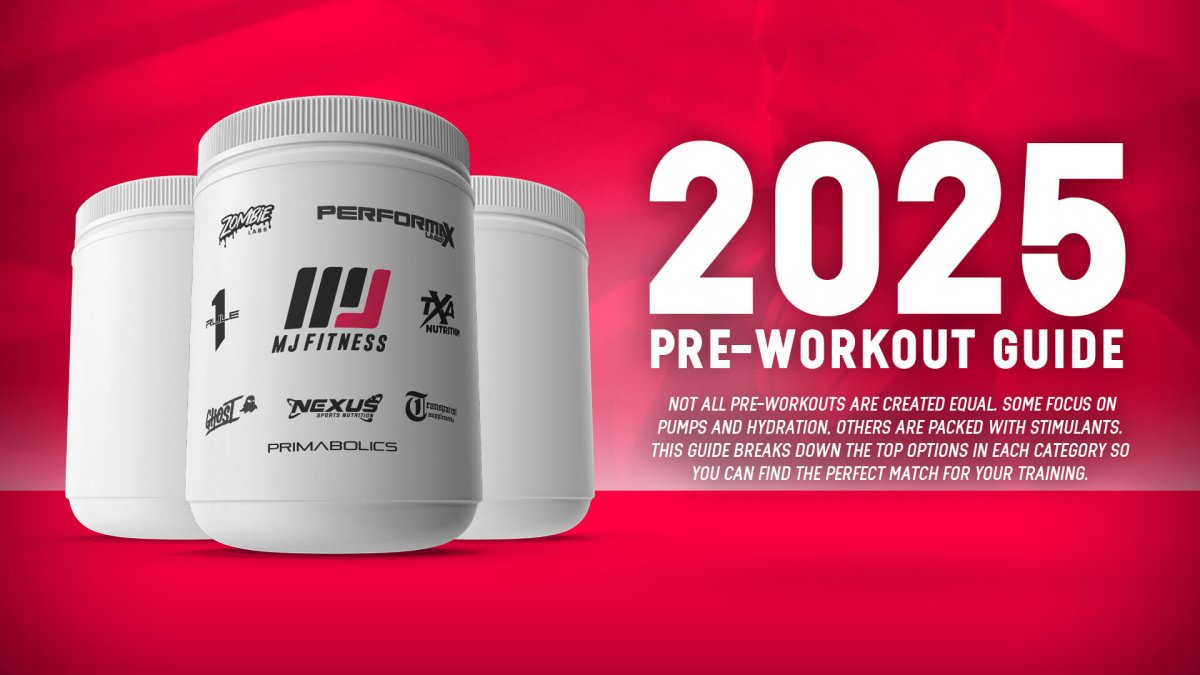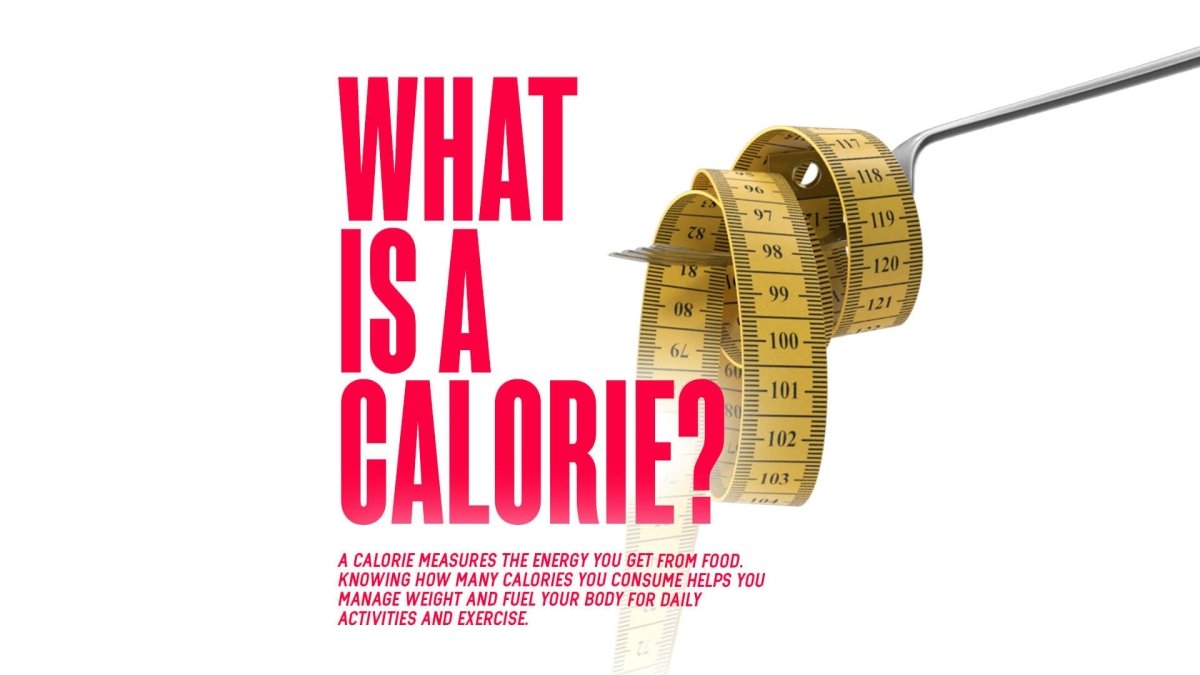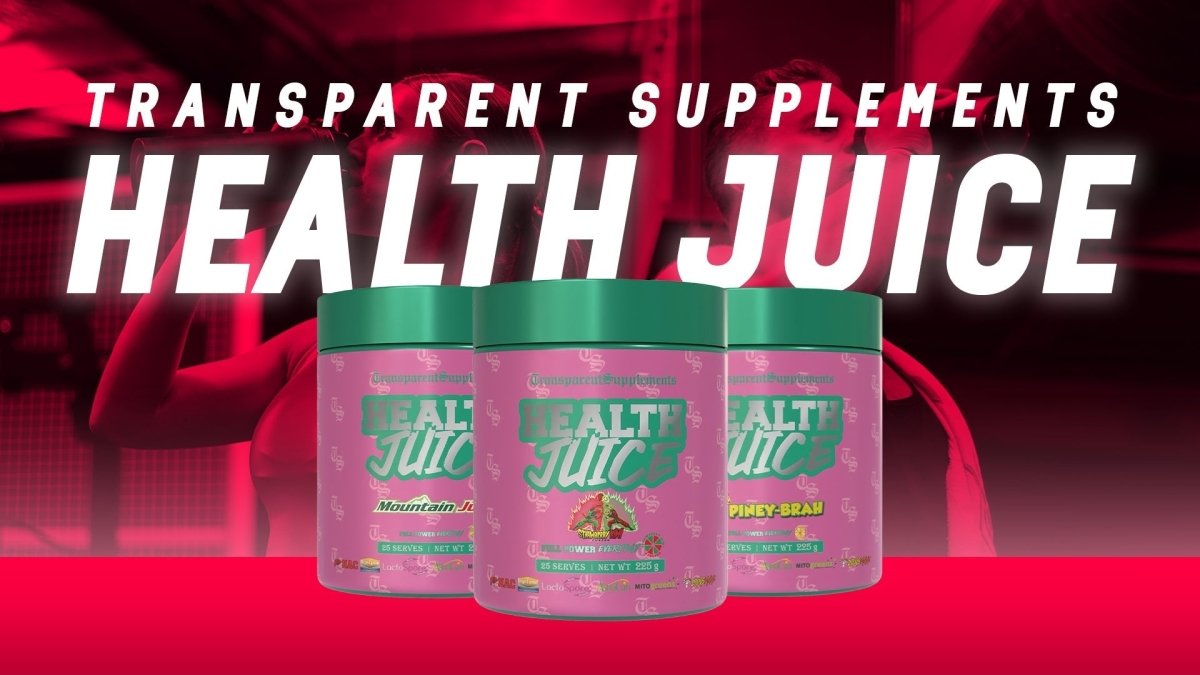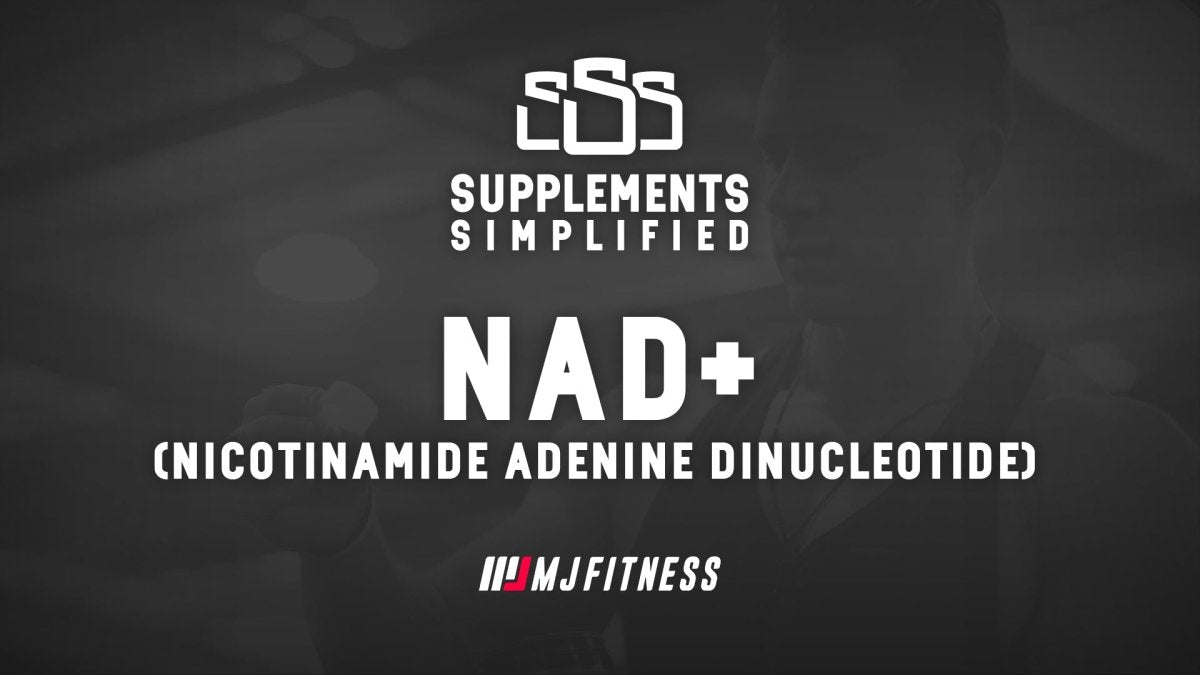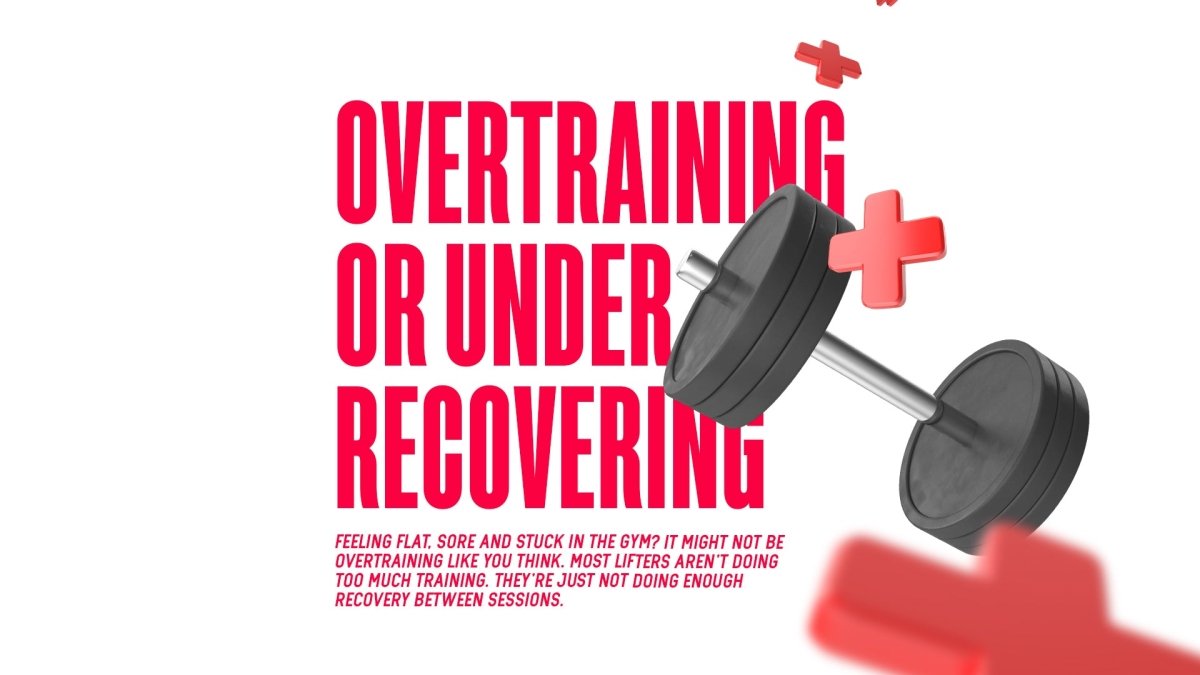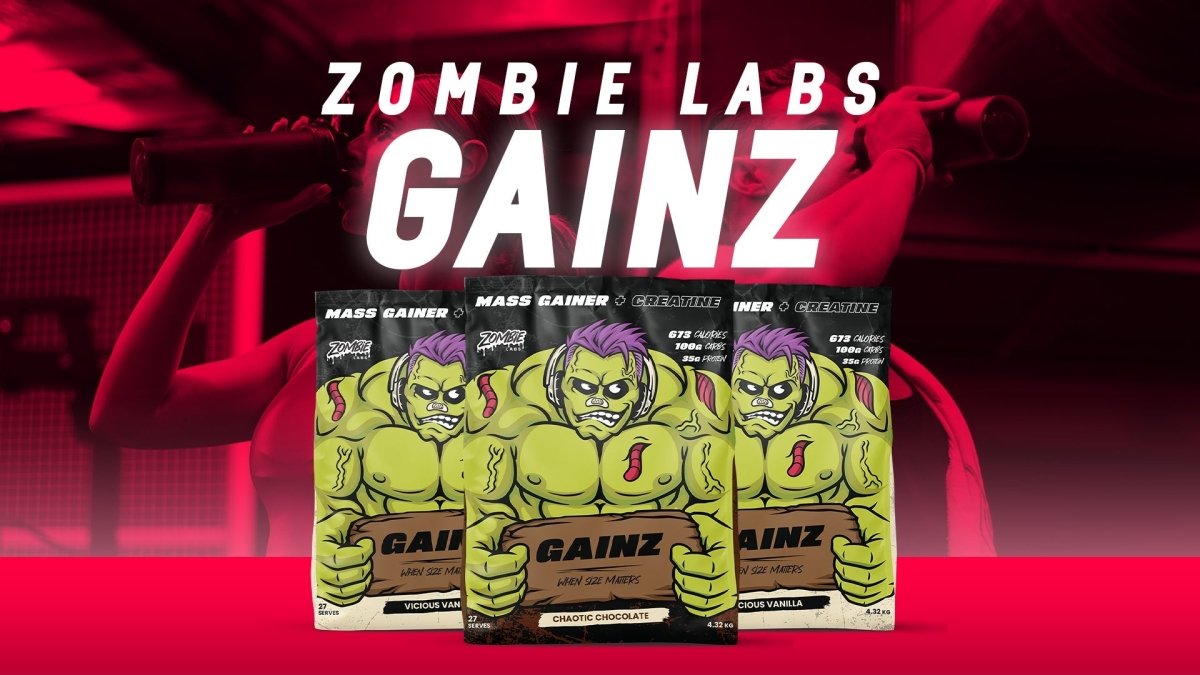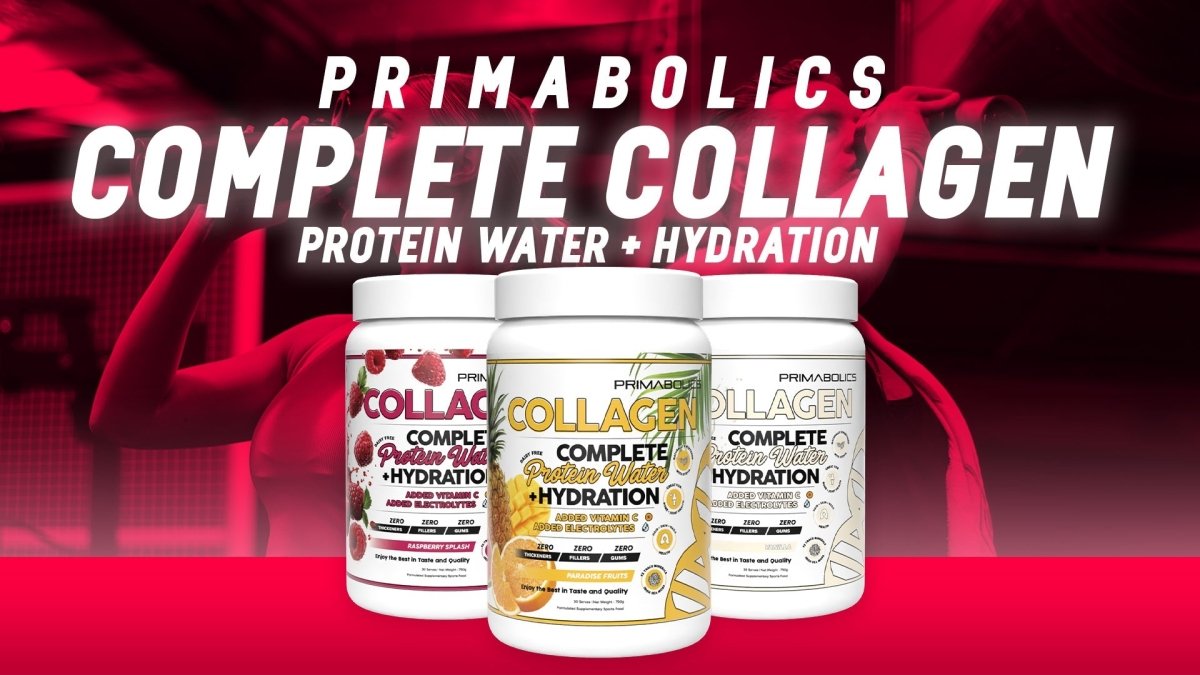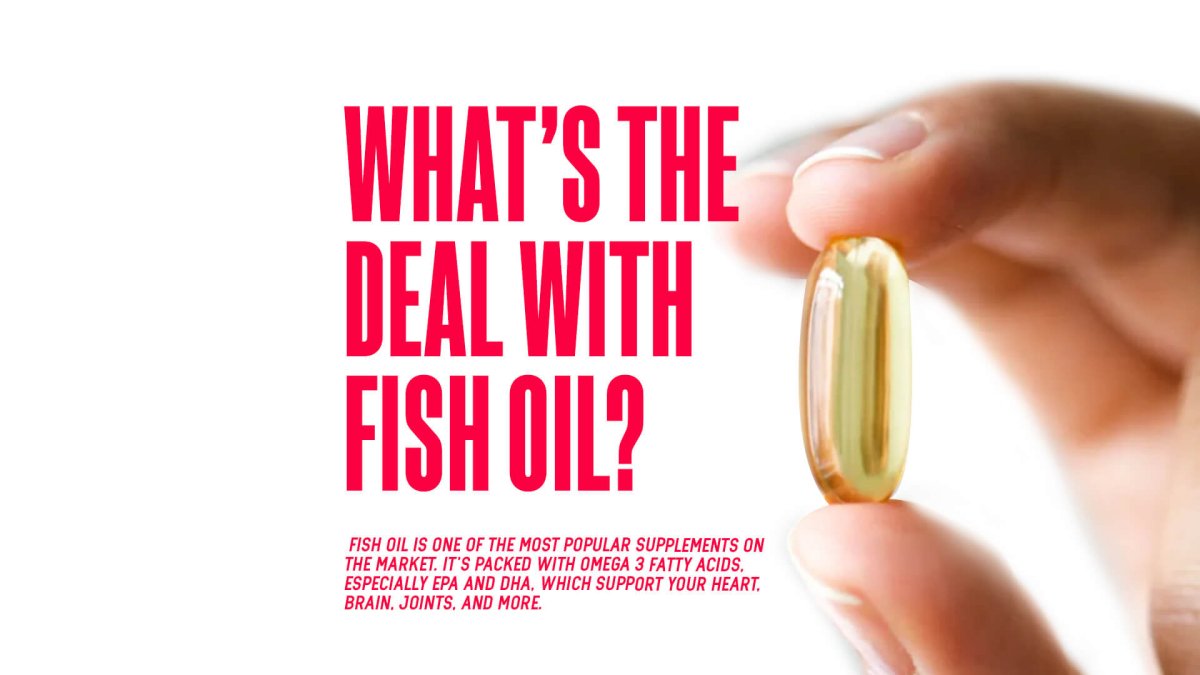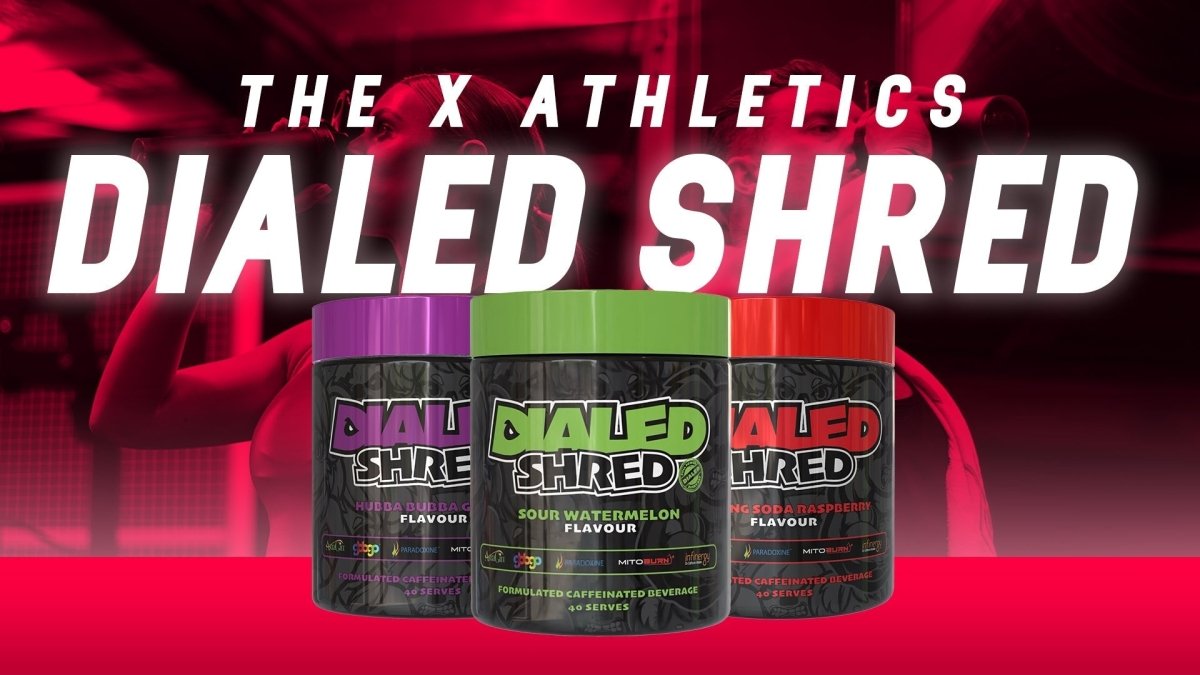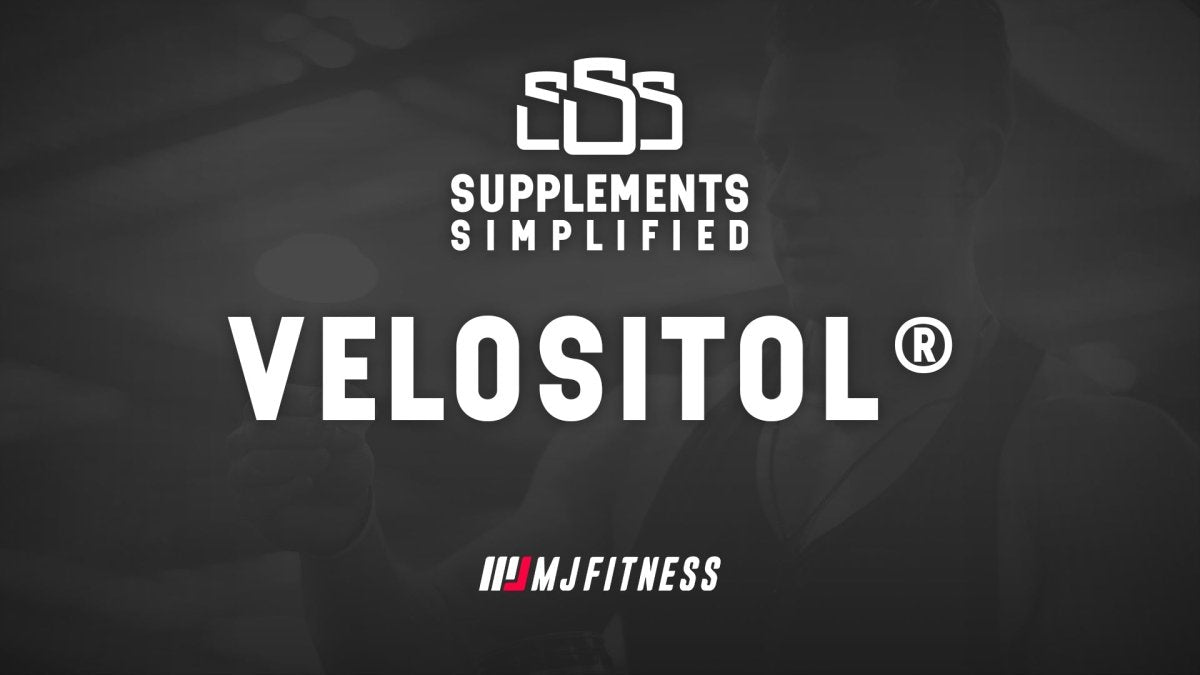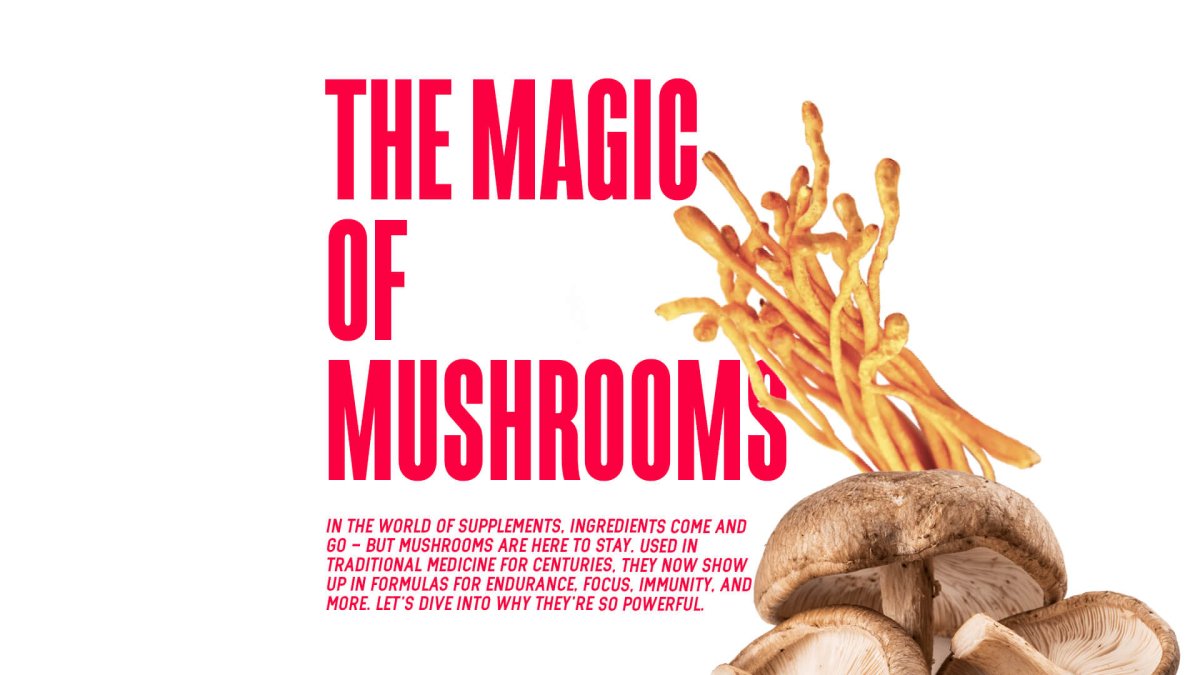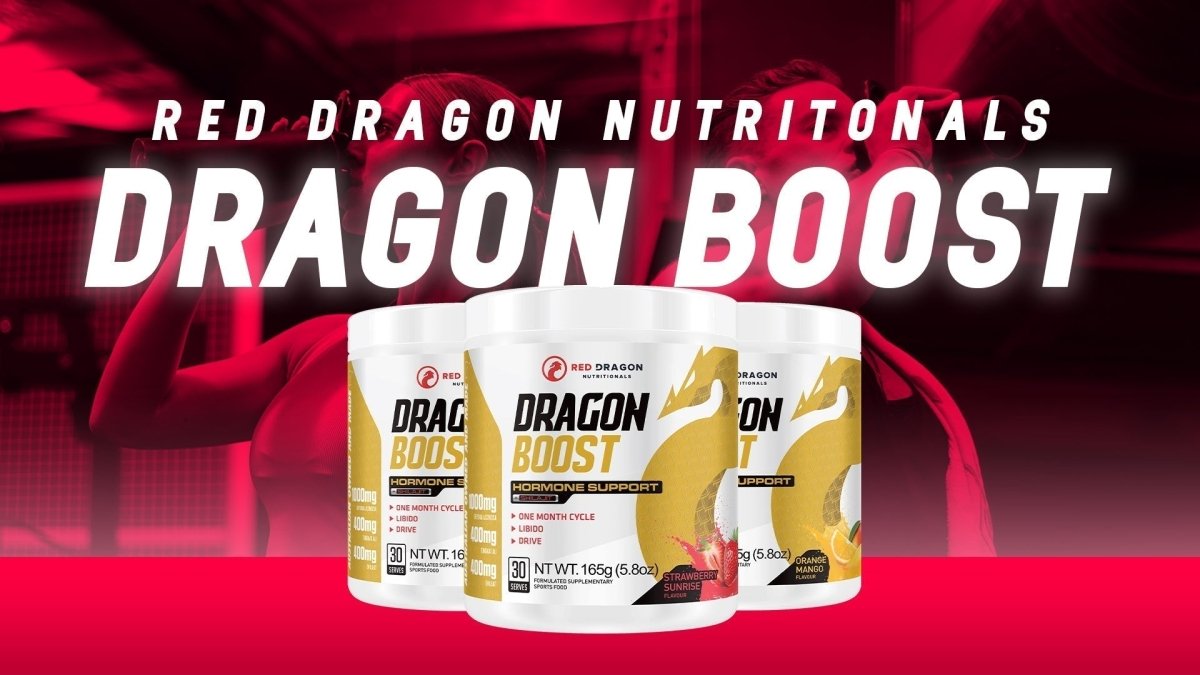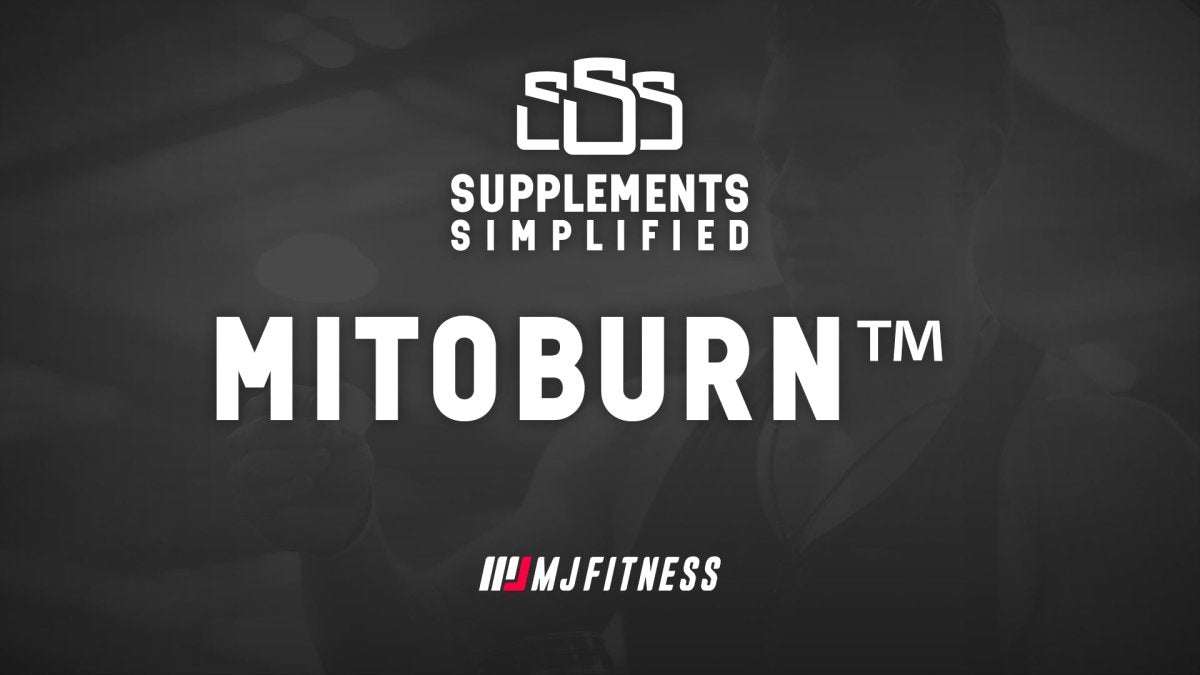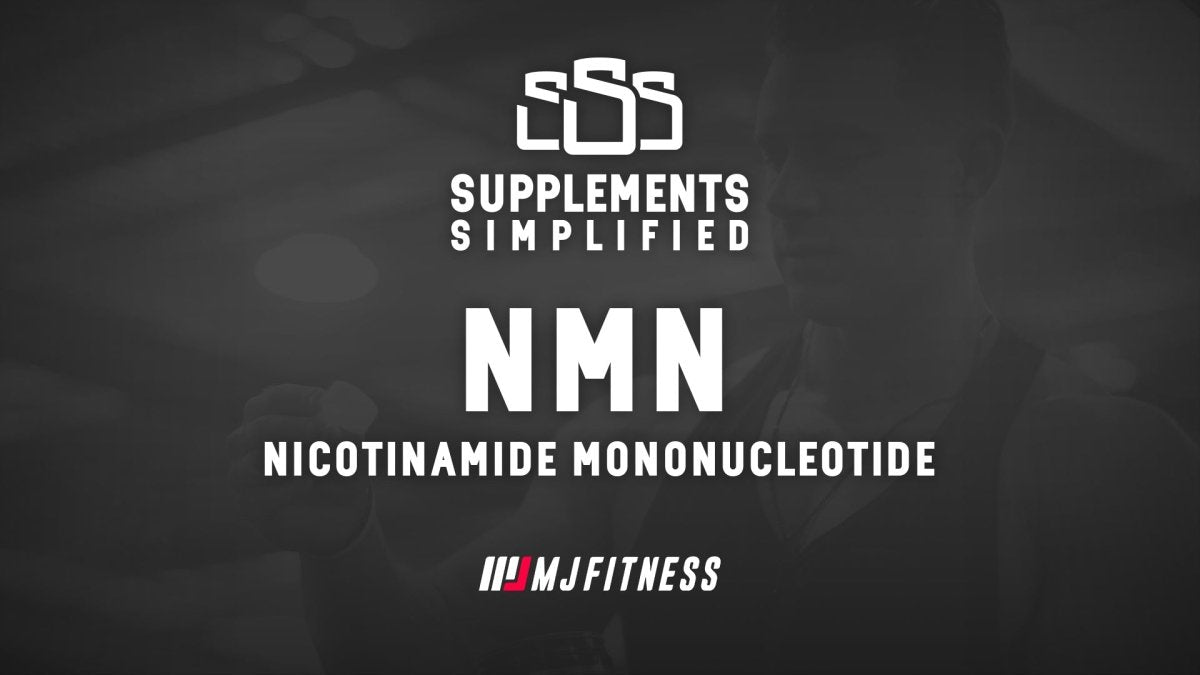
by Brandon Verde
Explained: Pickle Juice
In the fitness world, recovery tricks range from simple hydration habits to full supplement stacks. Electrolytes, aminos, and mineral blends all play a role in keeping cramps, fatigue and dehydration under control.But one old-school option has made an unexpected comeback on the endurance scene.Enter pickle juice. What’s Pickle Juice Actually Good For? Most people tip it down the sink once the pickles are gone. Athletes are doing the opposite... especially endurance runners, cyclists and field-sport athletes who deal with late-stage muscle cramps. Pickle juice is naturally high in sodium and potassium, which can support hydration. But here’s the part that surprises most people: The rapid cramp-relief effect isn’t from the electrolytes at all. The Neuromuscular Reflex Explained Several studies have shown that a small amount of pickle juice can stop or shorten a cramp far faster than your body could ever absorb minerals.Why?Because the sharp, vinegary hit stimulates specialised nerve receptors in the mouth and throat.Those receptors send a signal through your nervous system that helps calm the over-firing motor neurons triggering the cramp. It’s a nerve reflex, not digestion.And you often don’t even need to swallow much for the effect to kick in. This is why pickle juice has become popular in long-duration endurance sports, where muscle fatigue and nerve misfiring are common. Bonus Benefits Electrolytes are still helpful for overall hydration, even if they’re not the reason cramps stop so quickly. The vinegar base may also support digestion and blood-sugar regulation, which some athletes find useful during long training phases or heavy workloads. Just keep an eye on intake. The sodium content can be high, so a small shot is usually plenty. What Are The Alternatives? The downside is the taste. It’s intense, acidic and definitely not for everyone.Luckily, there are modern options that give you hydration and recovery without the brine-shot experience. If you want clean, predictable electrolytes after training, Switch Hydrate delivers a mix of sodium, potassium, magnesium and B-vitamins in flavours you’ll actually enjoy.If you’re after muscle-recovery support, R1 Essential Amino 9 covers your essential aminos and supports hydration alongside them. These options offer controlled dosing without the salt-heavy bite. Does It Earn A Spot In Your Gym Bag? Pickle juice isn’t a cure-all, but it does have real science behind its fast cramp-relief effect. If you can handle the flavour, it’s a low-risk tool for endurance athletes or anyone who deals with sudden mid-workout cramps. For everyday hydration and recovery, it may not replace your usual electrolyte or amino supplements. But as a quick, convenient option with a surprisingly effective reflex mechanism behind it, pickle juice earns its reputation.


